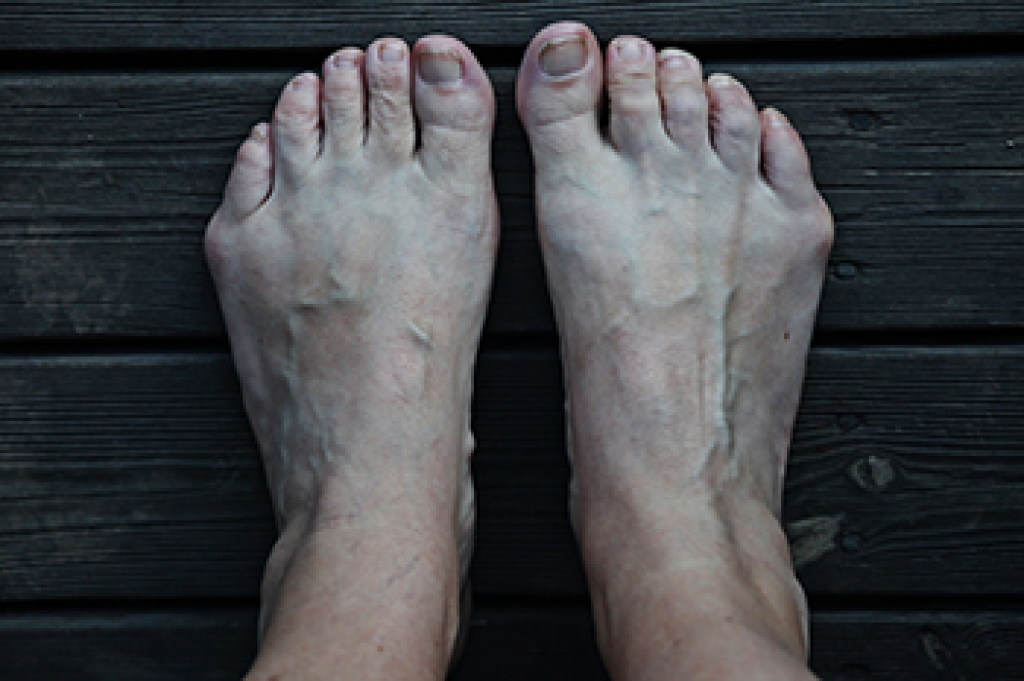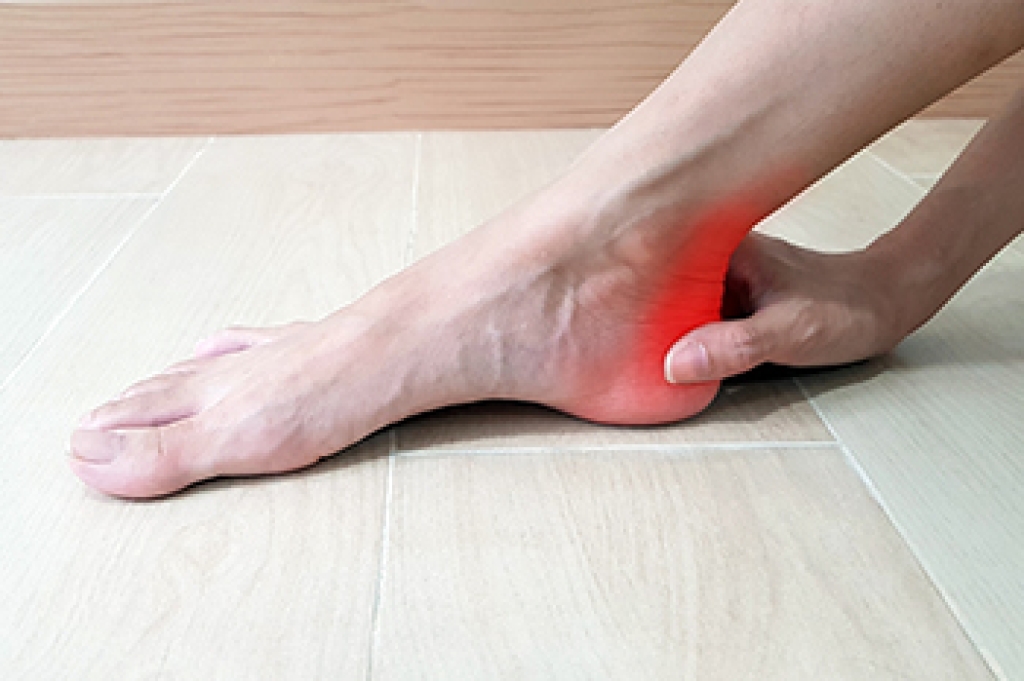
A tailor’s bunion, also known as a bunionette, develops at the base of the small toe when the 5th metatarsal bone shifts outward. This condition may be caused by inherited foot structure, repetitive pressure, or tight footwear that crowds the toes. Symptoms include aching pain, swelling, and irritation on the outside of the foot, along with signs such as redness, callus formation, and tenderness. The area may look like a small bony bump and can feel sore or burning, especially when wearing narrow shoes or walking for long periods. Over time, discomfort may interfere with daily activities. A podiatrist can help by starting with a careful examination and imaging when needed to confirm the diagnosis and assess bone alignment. Treatment usually begins with footwear changes, padding, and custom orthotics, and may progress to medications, targeted exercises, or corrective procedures when conservative care does not provide relief. If you have a painful tailor’s bunion, it is suggested that you make an appointment with a podiatrist.
If you are suffering from bunions, contact Edward Orman, DPM of Honeygo Podiatry. Our doctor can provide the care you need to keep you pain-free and on your feet.
What Is a Bunion?
A bunion is formed of swollen tissue or an enlargement of boney growth, usually located at the base joint of the toe that connects to the foot. The swelling occurs due to the bones in the big toe shifting inward, which impacts the other toes of the foot. This causes the area around the base of the big toe to become inflamed and painful.
Why Do Bunions Form?
Genetics – Susceptibility to bunions are often hereditary
Stress on the feet – Poorly fitted and uncomfortable footwear that places stress on feet, such as heels, can worsen existing bunions
How Are Bunions Diagnosed?
Podiatrists often perform two tests – blood tests and x-rays – when trying to diagnose bunions, especially in the early stages of development. Blood tests help determine if the foot pain is being caused by something else, such as arthritis, while x-rays provide a clear picture of your bone structure to your provider.
How Are Bunions Treated?
- Refrain from wearing heels or similar shoes that cause discomfort
- Select wider shoes that can provide more comfort and reduce pain
- Anti-inflammatory and pain management drugs
- Orthotics or foot inserts
- Surgery
If you have any questions, please feel free to contact our offices located in Perry Hall, and Fallston, MD . We offer the newest diagnostic and treatment technologies for all your foot care needs.




